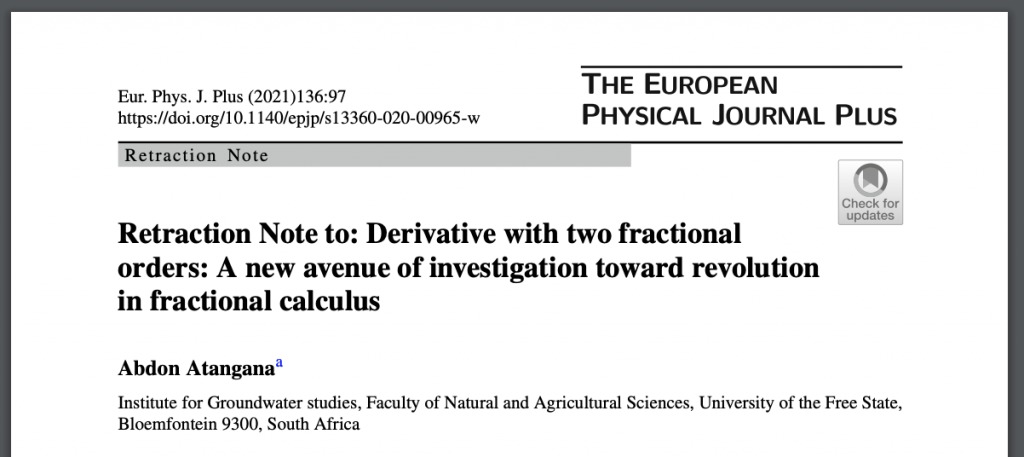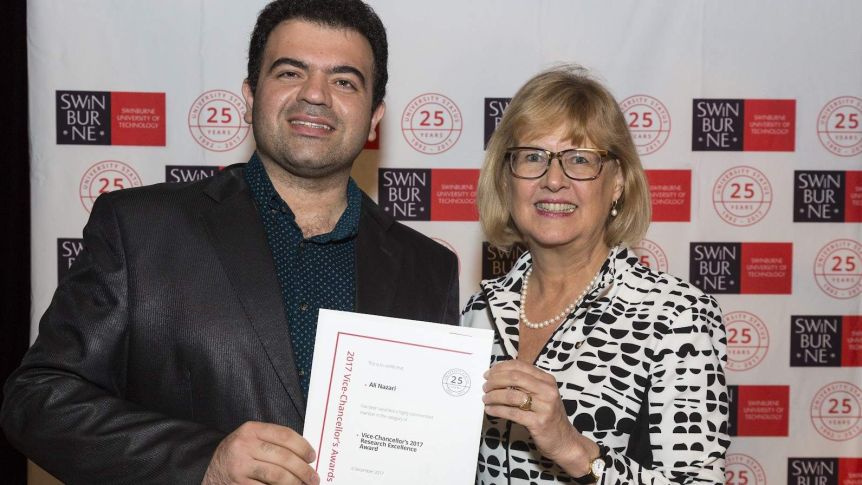Researchers in the Netherlands have retracted and replaced a 2015 paper on attention after discovering a coding error that reversed their finding.
Initially titled “Effects of Transcranial Direct Current Stimulation over Left Dorsolateral pFC on the Attentional Blink Depend on Individual Baseline Performance,” the paper appeared in the Journal of Clinical Neuroscience and was written by Heleen A. Slagter, an associate professor of psychology at VU University in Amsterdam, and Raquel E. London, who is currently a post-doc at Ghent University. It has been cited 19 times, according to Clarivate Analytics’ Web of Science.
But while trying to replicate the findings, Slagter and a then-PhD student of hers, Leon Reteig, found a critical mistake in a statistical method first proposed in a 1986 paper. Slagter told us:
Continue reading Why “good PhD students are worth gold!” A grad student finds an error







